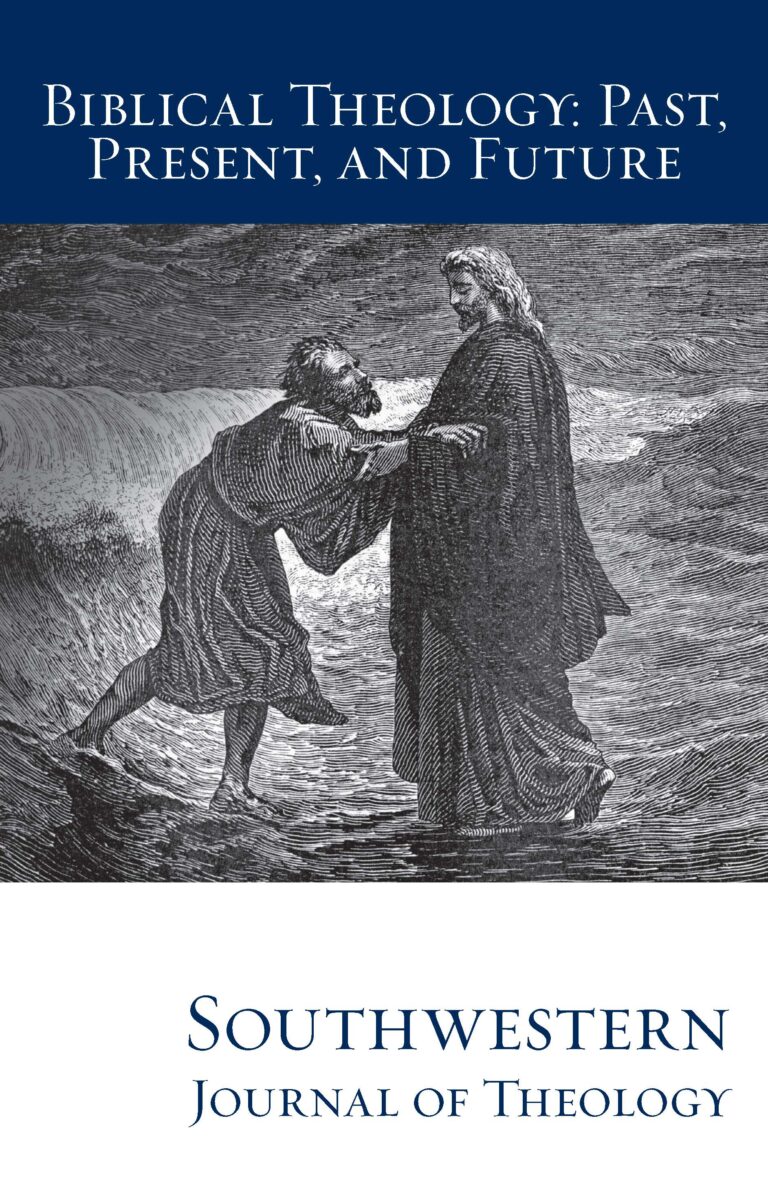
Biblical Theology: Past, Present, and Future (II)
Southwestern Journal of Theology
Volume 56, No. 1 – Fall 2013
Managing Editor: Terry L. Wilder
By Ben Witherington III. Grand Rapids: Eerdmans, 2010. 166 pages. Softcover, $18.00.
Prolific Methodist author Ben Witherington has ventured into the realm of worship in this addition to the Liturgical Studies Series from the Calvin Institute of Christian Worship. In We Have Seen His Glory, Witherington argues that the church should focus on the future and not the past in worship. Inasmuch as he means the orient (the perfect worship of eternity over against the ritual of yesteryear) and not the content (the kingdom of priests over against the action of Christ in history), he presents an interesting model. Whether he has been able to walk that line effectively is an issue to consider.
Witherington has attempted to structure the book as a series of small group studies. He presents a thesis (or sermon), draws conclusions, then offers discussion questions. The primary points he argues are that salvation is a means to the end of worship, that a consumer mentality subverts the God-focus of worship (even though that worship is entirely man-driven), that Sunday worship reflects the eschatological order as opposed to Saturday and the created order, that worship is about edification as well as adoration, that we should study the epistles as rhetoric and not letters. Little of what he has to say is new; a number of authors have raised the points elsewhere. The last point is the major exception and points to the central concern about this book.
The book consists of eight chapters, each of fifteen to twenty pages, with one exception. The chapter in which Witherington presents his personal hermeneutic runs more than twice as long as any other. In fact, it would be nearly impossible to cover this chapter in one group study session. Furthermore, he attempts in no way to connect this chapter with his overall thesis of kingdom worship, choosing instead to discuss issues such as the meaning of Q and his understanding of Hebrews. Once this has been recognized, it becomes evident that Witherington has injected a number of hermeneutical assumptions throughout the book. For example, he returns to the argument that male leadership in the church is based on the Old Testament priesthood, he assumes that elder and overseer refers to two separate offices, and he assumes a number of liturgical uses of various passages.
While it is certainly true that church leaders need to prioritize the Biblical study of church worship and rescue it from the consumerism and secularism prevalent in many churches today—and to that end this book is well-intentioned and should be appreciated—it is also true that such a study must come without assumptions and preconceptions. Unless a reader is particularly interested in Witherington’s personal opinions about worship, this book will not be of great use.





